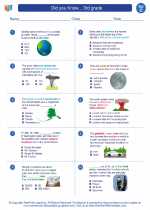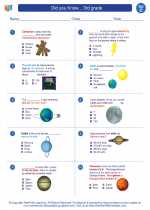Cosmic Phenomena
Cosmic phenomena refer to the various events and occurrences in outer space that can be observed and studied by astronomers and scientists. These phenomena encompass a wide range of natural events, including celestial bodies, astronomical events, and cosmic processes.
Types of Cosmic Phenomena
There are several types of cosmic phenomena, including:
- Planetary Motion: The movement of planets around the sun and their orbits.
- Stellar Formation and Evolution: The birth, life, and death of stars.
- Galactic Structure: The organization and composition of galaxies.
- Cosmic Explosions: Events such as supernovae, gamma-ray bursts, and other high-energy cosmic phenomena.
- Cosmic Radiation: High-energy particles and radiation that permeate the universe.
- Cosmological Theories: The study of the origins, evolution, and ultimate fate of the universe.
Studying Cosmic Phenomena
Scientists study cosmic phenomena using a variety of tools and techniques, including telescopes, space probes, and computer simulations. Observational astronomy allows researchers to directly observe and measure cosmic phenomena, while theoretical models and simulations help to explain and predict these phenomena.
Study Guide
To better understand cosmic phenomena, consider the following study guide:
- Research the life cycle of a star, including its formation, main sequence phase, and possible outcomes.
- Explore the different types of galaxies and their classification based on shape and structure.
- Investigate the impact of cosmic phenomena on Earth and the solar system, such as solar flares and asteroid impacts.
- Examine the concept of dark matter and dark energy, and how they influence the behavior of cosmic phenomena.
- Learn about the methods and technologies used to study cosmic phenomena, including telescopes, spectroscopy, and space missions.
By studying these topics, you can gain a deeper understanding of the fascinating and complex cosmic phenomena that shape our universe.
.◂Science Worksheets and Study Guides Third Grade. Did you Know... 3rd grade

 Worksheet/Answer key
Worksheet/Answer key
 Worksheet/Answer key
Worksheet/Answer key
 Worksheet/Answer key
Worksheet/Answer key
